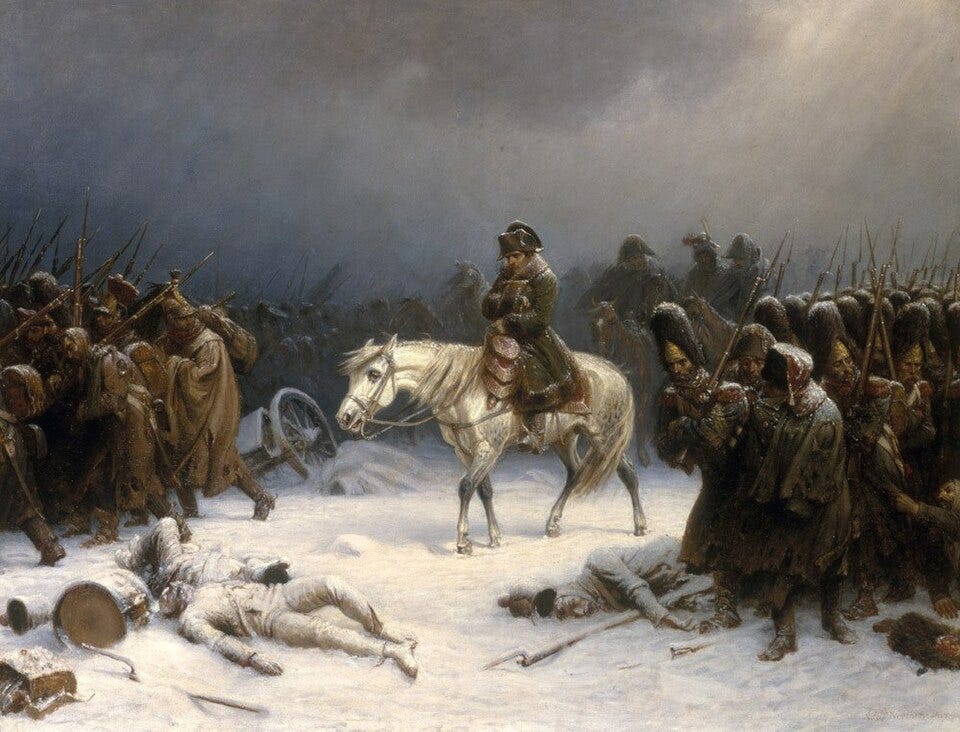DNA Study Reveals Hidden Diseases Behind Napoleon’s Army Collapse
When Napoleon Bonaparte’s army began its long, freezing retreat from Moscow in 1812, over half a million soldiers marched out of Russia — but fewer than 200,000 ever made it back. For more than two centuries, historians have blamed the brutal cold, hunger, and logistical chaos for this military disaster. But new genomic evidence suggests that invisible enemies — infectious diseases — may have played an even greater role in the downfall of the French emperor’s Grande Armée.


